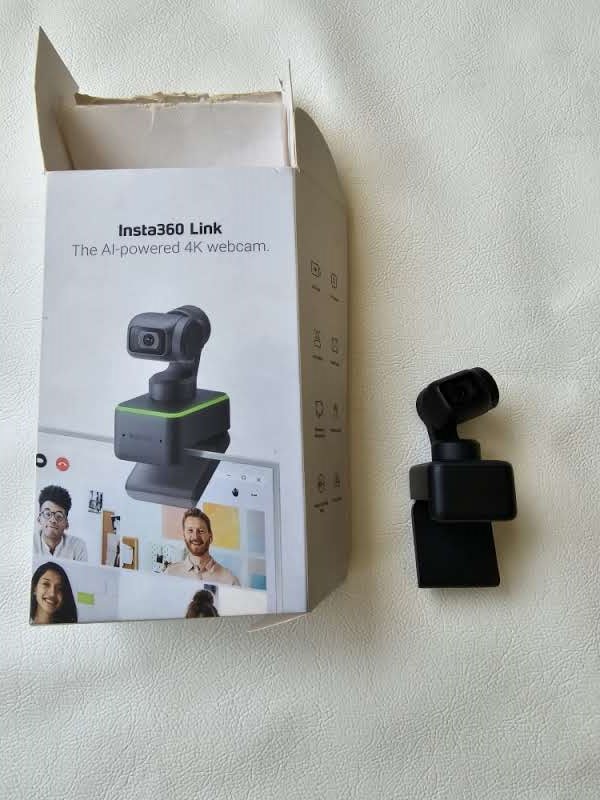The year 2023 unfolded as the undeniable ‘year of generative AI,’ marked by an onslaught of model releases and upgrades from tech giants like Google and Meta. With ChatGPT’s public release a year earlier, the tech landscape witnessed an unprecedented surge in generative AI advancements, including the unveiling of Google’s Bard, Gemini, and Meta’s LLaMA 2.
As the generative AI frenzy dominated headlines and sparked debates on its potential impact, the technology found itself positioned at the ‘peak of inflated expectations’ on Gartner’s Hype Cycle. The question that looms large: Can generative AI swiftly traverse this cycle, reaching the coveted ‘plateau of productivity’? Generative AI emerges as a genuine revolution, presenting a myriad of opportunities at an unparalleled pace.
Organizations worldwide are urged to embark on practical experiments, scaling generative AI to leverage its benefits—ranging from productivity efficiencies to personalized customer experiences and potentially disruptive business models. Research indicates a significant readiness, with 76% of businesses expecting to integrate generative AI within the next 12-18 months. However, widescale adoption lags, with only 8% having implemented it across their organizations.
The imperative for organizations lies in scrutinizing existing business processes across departments, from IT to Legal, HR to Marketing, to discern how generative AI can enhance operations. Crucially, solutions must adhere to enterprise-level standards of safety, security, regulatory compliance, and ethical responsibility.
As the potential use cases of generative AI come under scrutiny, businesses must grapple with the accelerated pace of these technologies’ public release, leading major corporations into a race for the next commercial breakthrough. Governments and regulators respond by crafting AI legislation, exemplified by the EU’s Artificial Intelligence Act and President Biden’s Executive Order in the US, focusing on safe, secure, and trustworthy AI development.
In a landmark event, the UK hosted the world’s first AI Safety Summit in November 2023, gathering international stakeholders to address the risks of frontier AI. The outcomes include a joint declaration by 28 countries and the establishment of the world’s first AI Safety Institute in Britain. While regulatory progress is vital, businesses must also establish their own governance for AI adoption, defining guardrails for privacy, security, compliance, and ethics.
At the individual business level, AI governance necessitates board-level conversations to align AI strategy with business goals, investments, budgeting, and ESG commitments. Once governance structures are in place, organizations can explore practical use cases for generative AI, focusing on end-to-end software development, customer services, operations, marketing, sales, and broader automation of business processes.
Crucially, the human-AI relationship remains pivotal. Generative AI, still lacking the ability to discern the quality of its output, relies on human feedback for learning. Organizations must prepare for AI to become an integral part of everyday life, emphasizing the need for engagement to avoid falling behind. Initiating this journey today positions organizations to minimize risks and maximize rewards as generative AI continues to shape the future.




